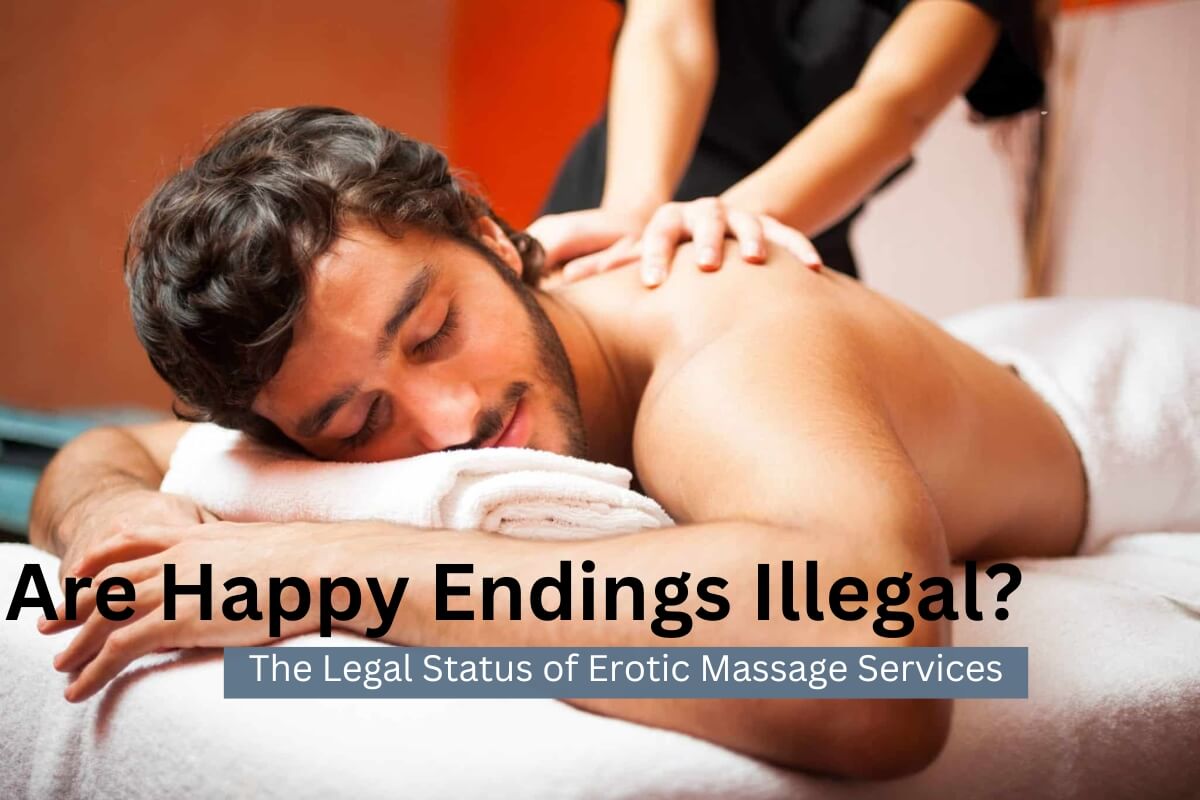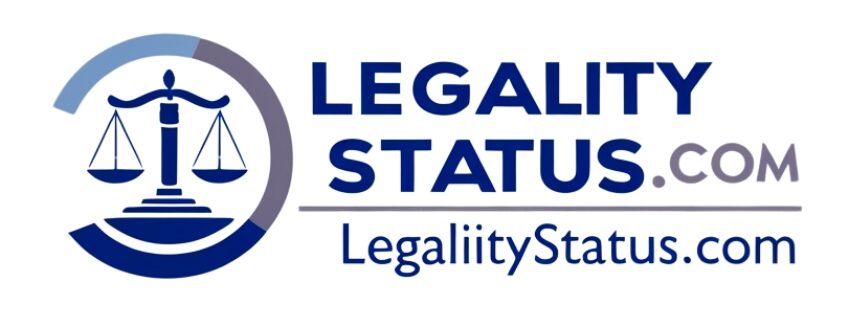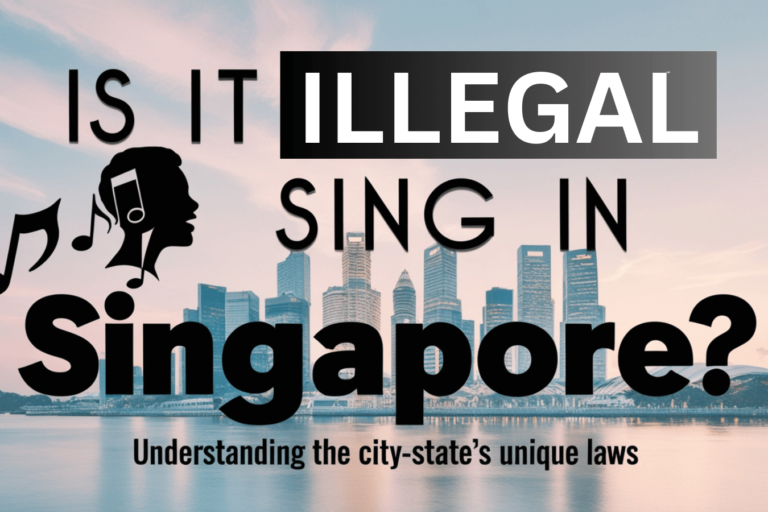Are Happy Endings Illegal? The Legal Status of Erotic Massage Services

Are happy endings illegal? In most parts of the United States, yes. These sexual services offered at the end of massages are generally considered a form of prostitution and are illegal under federal and state laws. However, the legality of happy endings can be complex, varying by location and specific circumstances. This article explores the legal landscape, enforcement challenges, and societal impacts of happy endings in massage services.
Defining “Happy Endings” in Massage Services
Before diving into the legal aspects, it’s crucial to understand what exactly constitutes a “happy ending” in the context of massage services.
What Constitutes a “Happy Ending”?
A “happy ending” typically refers to a sexual act performed at the conclusion of a massage. This can range from manual stimulation to more explicit sexual activities. The term is often used as a euphemism to describe services that go beyond standard therapeutic massage techniques and enter the realm of sexual gratification.
The Gray Area Between Massage and Sexual Services
The line between legitimate massage therapy and sexual services can sometimes blur, creating a gray area that complicates legal and ethical considerations. Some establishments may offer services that skirt the edges of legality, making it challenging for law enforcement and regulators to clearly define and address the issue.
The Legal Landscape of Happy Endings
The legal status of happy endings is primarily governed by laws related to prostitution and sexual services. Understanding these laws is crucial for both service providers and clients.
Federal Laws on Prostitution and Sexual Services
At the federal level, there is no specific law that directly addresses happy endings. However, several federal statutes can apply to these activities, especially when they involve interstate commerce or human trafficking. The Mann Act, for instance, prohibits the transportation of individuals across state lines for the purpose of prostitution or other illegal sexual activities.
State-by-State Variations in Legislation
Laws regarding happy endings and related activities can vary significantly from state to state:
- In most states, any form of sexual service in exchange for money is illegal, including happy endings.
- Some states have more specific laws targeting erotic massage parlors.
- Nevada is the only state where prostitution is legal in some counties, but this doesn’t necessarily apply to massage parlors offering happy endings.
- Some cities and municipalities may have additional ordinances regulating massage businesses and prohibiting sexual services.
Enforcement Challenges and Legal Ambiguities
Despite clear laws in many jurisdictions, enforcing regulations against happy endings can be challenging for law enforcement agencies.
Difficulties in Proving Illegal Activity
One of the main challenges in enforcing laws against happy endings is proving that illegal activity has occurred. Many establishments operate under the guise of legitimate massage businesses, making it difficult to distinguish between legal and illegal services without direct evidence.
Undercover Operations and Sting Tactics
Law enforcement often relies on undercover operations to gather evidence of illegal activities in massage parlors. These operations can be resource-intensive and may raise ethical concerns about entrapment or the potential for abuse of power.
Consequences of Participating in Happy Endings
Both service providers and clients can face serious consequences if caught engaging in or seeking happy endings.
Legal Ramifications for Service Providers
Individuals caught providing happy endings may face:
- Criminal charges for prostitution or related offenses
- Fines and potential jail time
- Loss of professional licenses
- Difficulty finding future employment
Risks for Clients Seeking Happy Endings
Clients who seek out or receive happy endings can also face legal consequences:
- Arrest and criminal charges for solicitation
- Fines and potential jail time
- Public embarrassment and damage to personal relationships
- Professional repercussions if the arrest becomes public knowledge
The Debate on Legalizing Happy Endings
The topic of whether happy endings should be legalized or decriminalized is a subject of ongoing debate in many jurisdictions.
Arguments for Decriminalization
Proponents of decriminalization argue that:
- It could reduce exploitation and improve safety for sex workers
- Regulation could help prevent the spread of sexually transmitted infections
- Decriminalization might free up law enforcement resources for more serious crimes
Opposing Views and Public Health Concerns
Those against legalizing happy endings often cite:
- Moral and ethical objections to commercialized sexual services
- Concerns about increased human trafficking and exploitation
- Public health risks associated with unregulated sexual services
- The potential normalization of objectifying and commodifying human bodies
Impact on the Massage Industry
The association of massage with sexual services has had significant impacts on the legitimate massage therapy industry.
Reputation Management for Legitimate Massage Therapists
Licensed massage therapists often struggle with the stigma associated with happy endings:
- Many professionals work hard to distance themselves from any association with sexual services
- Some therapists report experiencing inappropriate requests or assumptions from clients
- Industry organizations actively work to educate the public about the differences between therapeutic massage and sexual services
Licensing and Regulation Challenges
The presence of businesses offering illegal services has led to increased regulation of the massage industry:
- Many states have implemented stricter licensing requirements for massage therapists
- Some jurisdictions require regular inspections of massage businesses
- There’s ongoing debate about how to effectively regulate the industry without unfairly burdening legitimate practitioners
Cultural Perspectives on Happy Endings
Attitudes toward happy endings and related services can vary widely across different cultures and societies.
International Comparisons of Laws and Attitudes
- Some countries, like the Netherlands and Germany, have legalized certain forms of prostitution, which may include services similar to happy endings
- In many Asian countries, there’s a long history of bathhouses and massage parlors offering sexual services, though the legal status varies
- Some Nordic countries have adopted the “Nordic model,” which criminalizes the buying of sexual services but not the selling
Shifting Social Norms and Perceptions
Societal attitudes toward sexual services, including happy endings, have been evolving:
- There’s growing recognition of sex work as a complex social issue rather than simply a criminal matter
- Some argue for a more nuanced approach to regulation that prioritizes worker safety and rights
- The #MeToo movement has sparked discussions about consent and power dynamics in sexual transactions
The Role of Human Trafficking in Illegal Massage Services
One of the most serious concerns related to illegal massage services is the prevalence of human trafficking.
Identifying Forced Labor in Massage Parlors
Signs of human trafficking in massage parlors can include:
- Workers living on the premises
- Excessive security measures
- Workers appearing fearful or unable to speak freely
- Evidence of physical abuse or confinement
Efforts to Combat Trafficking in the Massage Industry
Various initiatives aim to address human trafficking in massage parlors:
- Increased cooperation between law enforcement and anti-trafficking organizations
- Training for hotel staff, taxi drivers, and others to recognize signs of trafficking
- Public awareness campaigns to educate consumers about the risks of supporting illegal massage businesses
Alternatives to Happy Endings
For those seeking sexual services or stress relief, there are legal alternatives to happy endings.
Legal Adult Entertainment Options
- Strip clubs and legal brothels (where permitted)
- Adult video stores and theaters
- Online adult entertainment services
Therapeutic Benefits of Non-Sexual Massage
Legitimate massage therapy offers numerous health benefits without any sexual component:
- Stress reduction and relaxation
- Pain relief and improved circulation
- Enhanced flexibility and range of motion
- Better sleep and mental clarity
Navigating the Legal System
For those who find themselves involved in legal issues related to happy endings, understanding the legal system is crucial.
What to Do If Accused of Providing or Seeking Happy Endings
If accused of involvement with happy endings:
- Remain silent and do not admit to any illegal activity
- Contact a criminal defense attorney immediately
- Do not discuss the case with anyone except your lawyer
- Gather any evidence that might support your defense
Understanding Your Rights and Legal Defenses
Possible legal defenses in happy ending cases might include:
- Lack of evidence or improper police procedure
- Entrapment, if law enforcement induced the illegal activity
- Mistaken identity or false accusation
The Future of Happy Endings and Massage Regulations
The legal and social landscape surrounding happy endings continues to evolve.
Potential Changes in Legislation
Some jurisdictions are considering changes to their approach to sex work and massage regulations:
- Proposals for decriminalization or legalization in some areas
- Increased focus on targeting traffickers rather than sex workers
- Consideration of “safe harbor” laws to protect trafficking victims from prosecution
Evolving Enforcement Strategies
Law enforcement strategies are also adapting:
- Greater emphasis on investigating and prosecuting large-scale trafficking operations
- Use of technology to track and identify illegal massage businesses
- Increased collaboration between local, state, and federal agencies
Let’s Wind UP
Are happy endings illegal? In most cases, yes. The provision of sexual services in massage parlors is generally considered illegal in the United States and many other countries. While enforcement can be challenging and attitudes are evolving, engaging in or seeking out happy endings carries significant legal and personal risks. As the debate continues and laws evolve, it’s crucial for both service providers and clients to understand the legal landscape and potential consequences of their actions.
The issue of happy endings in massage services touches on complex legal, ethical, and societal questions. As we move forward, finding a balance between personal freedom, public health, and the prevention of exploitation will remain a critical challenge for lawmakers and society as a whole.





